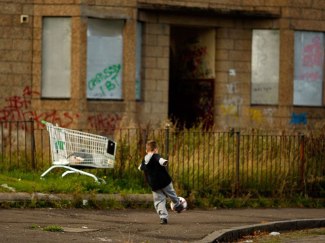 With absolutely no apologies to John Cleese.
With absolutely no apologies to John Cleese.
A customer enters a pet shop.
Mr. Praline: ‘Ello, I wish to register a complaint.
(The owner does not respond.)
Mr. Praline: ‘Ello, Miss?
Owner: What do you mean “miss”?
Mr. Praline: (pause)I’m sorry, I have a cold. I wish to make a complaint!
Owner: We’re closin’ for lunch.
Mr. Praline: Never mind that, my lad. I wish to complain about this Britain what I purchased not half an hour ago from this very boutique.
Owner: Oh yes, the, uh, the United Kingdom…What’s,uh…What’s wrong with it?
Mr. Praline: I’ll tell you what’s wrong with it, my lad. It’s dead, that’s what’s wrong with it!
Owner: No, no, it’s uh,…it’s resting.
Mr. Praline: Look, matey, I know a dead Britain when I see one, and I’m looking at one right now.
Owner: No no it’s not dead, it’s, it’s restin’! Remarkable bird, the United Kingdom, idn’it, ay? Beautiful imperial plumage!
Mr. Praline: The plumage don’t enter into it. It’s stone dead.
Owner: Nononono, no, no! It’s resting!
Mr. Praline: All right then, if it’s restin’, I’ll wake it up! (shouting at the cage) ‘Ello, Mister Britain! I’ve got some lovely fresh colonies for you if you show…
(owner hits the cage)
Owner: There, it moved!
Mr. Praline: No, it didn’t, that was you hitting the cage!
Owner: I never!!
Mr. Praline: Yes, you did!
Owner: I never, never did anything…
Mr. Praline: (yelling and hitting the cage repeatedly) ‘ELLO BRITAIN!!!!! Testing! Testing! Testing! Testing! This is your nine o’clock alarm call!
(Takes Britain and thumps its head on the counter. Throws it up in the air and watches it plummet to the floor.)
Mr. Praline: Now that’s what I call a dead Britain.
Owner: No, no…..No, it’s stunned!
Mr. Praline: STUNNED?!?
Owner: Yeah! You stunned it, just as it was wakin’ up!
Mr. Praline: Um…now look…now look, mate, I’ve definitely ‘ad enough of this. That Britain is definitely deceased, and when I purchased it not ‘alf an hour ago, you assured me that its total lack of movement was due to it bein’ tired and shagged out following a prolonged xenophobic rant.
Owner: Well, it’s…it’s, ah…probably pining for the Raj.
Mr. Praline: PININ’ for the Raj?!?!?!? What kind of talk is that?, look, why did it fall flat on his back the moment I got it home?
Owner: The UK prefers keepin’ on it’s back! Remarkable country, id’nit, squire? Lovely pliant media!
Mr. Praline: Look, I took the liberty of examining it when I got it home, and I discovered the only reason that it had been sitting on its perch in the first place was that it had been NAILED there by Theresa May.
(pause)
Owner: Well, o’course it was nailed there! If I hadn’t nailed that bird down, it would have been nicked by some nasty foreigners, and VOOM! Feeweeweewee!
Mr. Praline: “VOOM”?!? Mate, this wouldn’t “voom” if you put four million volts through it! ‘E’s bleedin’ demised!
Owner: No no! ‘E’s pining!
Mr. Praline: ‘E’s not pinin’! ‘E’s passed on! This Britain is no more! It has ceased to be! ‘It’s expired and gone to meet its maker! ‘It’s a stiff! Bereft of life, it rests in peace! If you hadn’t nailed it to the perch it’d be pushing up the daisies! Its metabolic processes are now ‘istory! Its off the twig! ‘Its kicked the bucket, It’s shuffled off this mortal coil, run down the curtain and joined the bleedin’ choir invisible!! THIS IS AN EX-COUNTRY!!
(pause)
Owner: Well, I’d better replace it, then. (he takes a quick peek behind the counter) Sorry squire, I’ve had a look ’round the back of the shop, and uh, we’re right out of Britain.
Mr. Praline: I see. I see, I get the picture.
Owner: (pause) I got a PLC
(pause)
Mr. Praline: Pray, is it friendly?
Owner: Nnnnot really.
Mr. Praline: WELL IT’S HARDLY A BLOODY REPLACEMENT, IS IT?!!???!!?
Owner: (to the audience) Well! I never wanted to do this in the first place. I wanted to be… a human being!
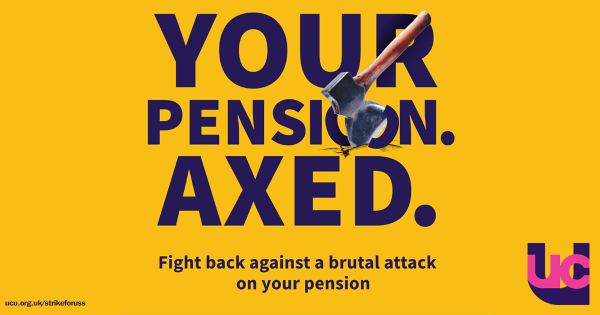

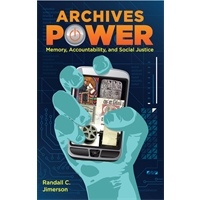 One challenge to this parallel approach came when I attended a great event in London. I can’t remember it’s title but the main speaker was
One challenge to this parallel approach came when I attended a great event in London. I can’t remember it’s title but the main speaker was 

 With absolutely no apologies to John Cleese.
With absolutely no apologies to John Cleese.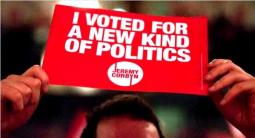 Let’s face it, Corbyn’s election victory was unexpected. I suspected he’d put up a good fight but that the party machine would ensure that a safe candidate won. The subsequent victory was not just a victory for Corbyn but for the wider labour movement, an expression of grassroots will against the bulk of the PLP and therein lay the root of the current crisis.
Let’s face it, Corbyn’s election victory was unexpected. I suspected he’d put up a good fight but that the party machine would ensure that a safe candidate won. The subsequent victory was not just a victory for Corbyn but for the wider labour movement, an expression of grassroots will against the bulk of the PLP and therein lay the root of the current crisis. Some of the completely unnecessary rubbish thrown at Mike Small, following his publication of “
Some of the completely unnecessary rubbish thrown at Mike Small, following his publication of “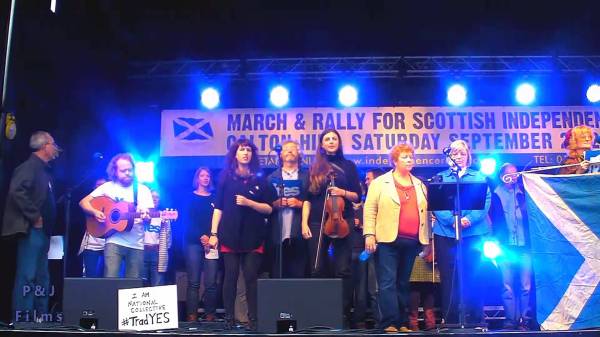
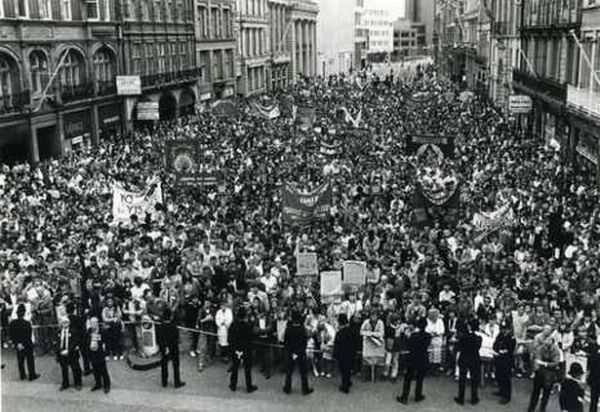
 At the moment, I’m hovering about in a largely undecided state over the upcoming EU Referendum. While I’m making my mind up, I’ve decided to gather links to the progressive cases for staying in or leaving. This page will grow as I add new links, so do check back.
At the moment, I’m hovering about in a largely undecided state over the upcoming EU Referendum. While I’m making my mind up, I’ve decided to gather links to the progressive cases for staying in or leaving. This page will grow as I add new links, so do check back.